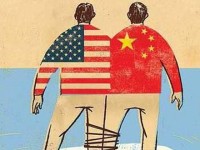
Franz-Stefan Gady, Associate Editor, Diplomat
Jan 28, 2016
Sino-U.S. relations in cyberspace in 2016 will be defined by three key policies: attribution, sanctions, and norms. Franz-Stefan Gady discusses what each policy could look like, and also the reviews the cyber diplomacy between the two countries in 2015.
Ni Shixiong, Professor, Fudan University
Jan 26, 2016
China-US cooperation is the critical factor for peace and stability in the Asia-Pacific region. Regaining and maintaining security in the area is the common interest and common responsibility of both nations, and that is the basis of President Xi Jinping’s fresh approach.

Rogier Creemers, Research Officer, Programme for Comparative Media Law and Policy
Jan 25, 2016
China’s position on Internet governance is that the Internet is a mere reflection of physical space, and therefore should be subject to similar norms of non-external interference. After the Wuzhen Conference, the question on how to engage with China in the realm of cyberspace remains largely unanswered.
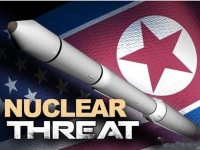
Doug Bandow, Senior Fellow, Cato Institute
Jan 21, 2016
The lesson of the DPRK’s latest nuclear test is that talking to North Korea offers a better hope of success than ignoring it. But then, that’s what Beijing has been telling the U.S. for a long time.
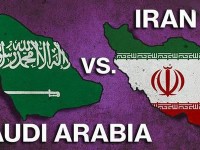
Wu Sike, Member on Foreign Affairs Committee, CPPCC
Jan 19, 2016
As the latest episode in regional conflict has unfolded, China has acted quickly on the diplomatic front, working with the United States and other major powers to reduce tension and resolve the Saudi-Iranian standoff through dialogue.
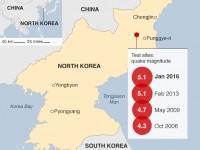
George Koo, Retired International Business Consultant and Contributor to Asia Times
Jan 18, 2016
George Koo describes how a treaty between the U.S. and North Korea was within grasp until George W. Bush’s administration halted the proceedings. Since then, dealing with Pyongyang has become a blame game between the U.S. and China.
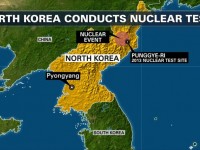
Ted Galen Carpenter, Senior Fellow, Randolph Bourne Institute
Jan 15, 2016
Washington should propose a “grand bargain” to Pyongyang by formally ending the state of war on the Korean Peninsula, lifting of all except narrowly defined military sanctions against the North, and U.S. diplomatic recognition of the North Korean regime. In exchange, Pyongyang would agree to place its nuclear program under international safeguards and extend diplomatic recognition to South Korea.
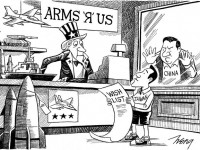
Richard Weitz, Senior Fellow, Hudson Institute
Jan 12, 2016
The recent U.S. arms sales decision regarding Taiwan led to a more moderate Chinese government reaction than seen in many previous transactions. The U.S. arms transfers to Taiwan serve multiple purposes and are likely to continue whoever is the leader of the next government in Taipei and in Washington.
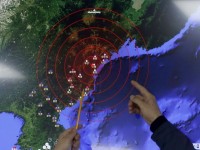
Fan Jishe, Professor, the Central Party School of Communist Party of China
Jan 08, 2016
“Strategic Patience” has not served the US well as a policy, nor has a collection of unilaterally pursued sanctions, diplomatic pressure, isolation and military deterrence. Even late in a president’s second term, there is an opportunity to shift gears and seek a new approach.
Zhou Bo, Senior Fellow, Center for International Security and Strategy, Tsinghua University
Jan 08, 2016
Despite disorder in the world, China and the US are finding ways to minimize risks with their armed forces, while counter-terrorism and anti-piracy provide new opportunities for cooperation. While the bilateral relationship is intrinsically volatile and competitive, the two militaries have been remarkably adept at finding common protocols, even in contentious areas like the South China Sea.
Back to Top

- China-US Focus builds trust and understanding between the U.S. and China through open dialogue among thought leaders.
- Our Offerings
- Topics
- Videos
- Podcasts
- Columnists
- Research Reports
- Focus Digest
- Stay Connected
-
Thanks for signing up!
- Get the latest stories from China-US Focus weekly.